


Books in series

Rose
2016

The Massacre
2016

The Ambassadors of Death
2016

Image of the Fendahl
2016

Ghost Light
2016

The Mind Robber
2016

Black Orchid
2016

The God Complex
2017

Scream of the Shalka
2017

The Evil of the Daleks
2017

Pyramids of Mars
2017
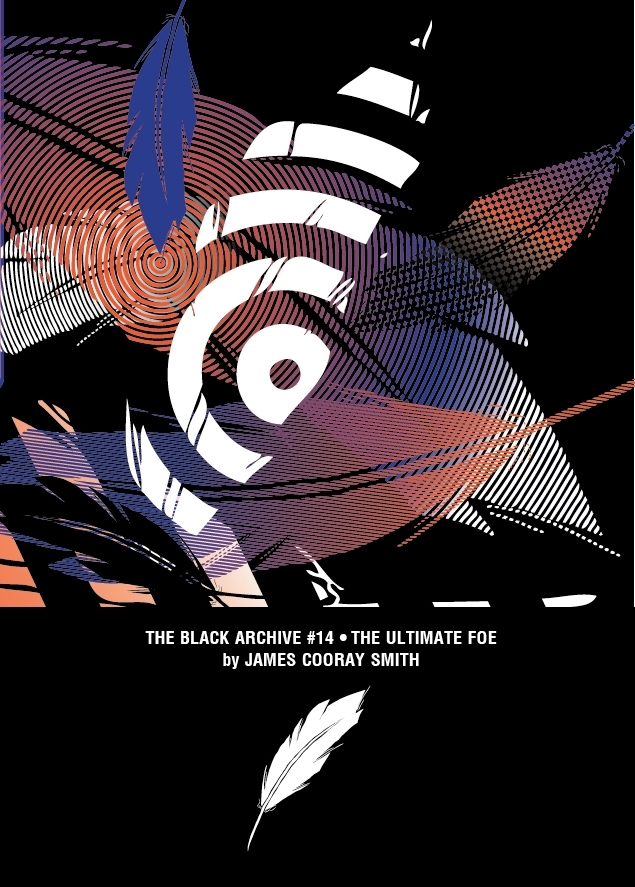
The Ultimate Foe
2017

Full Circle
2018

Carnival of Monsters
2018

Marco Polo
2018

The Eleventh Hour
2018

Face the Raven
2018

Heaven Sent
2018

Hell Bent
2018

The Curse of Fenric
2018

The Time Warrior
2018

Doctor Who (1996)
2018

The Dæmons
2018

The Face of Evil
2019

Love & Monsters
2019

The Dalek Invasion of Earth
2019

The Romans
2019

Horror of Fang Rock
2019
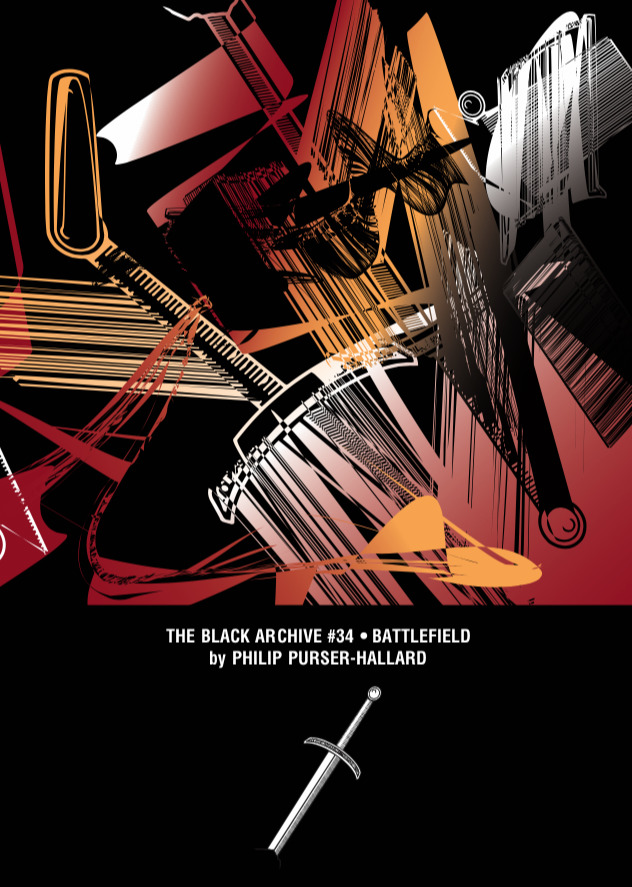
Battlefield
2019
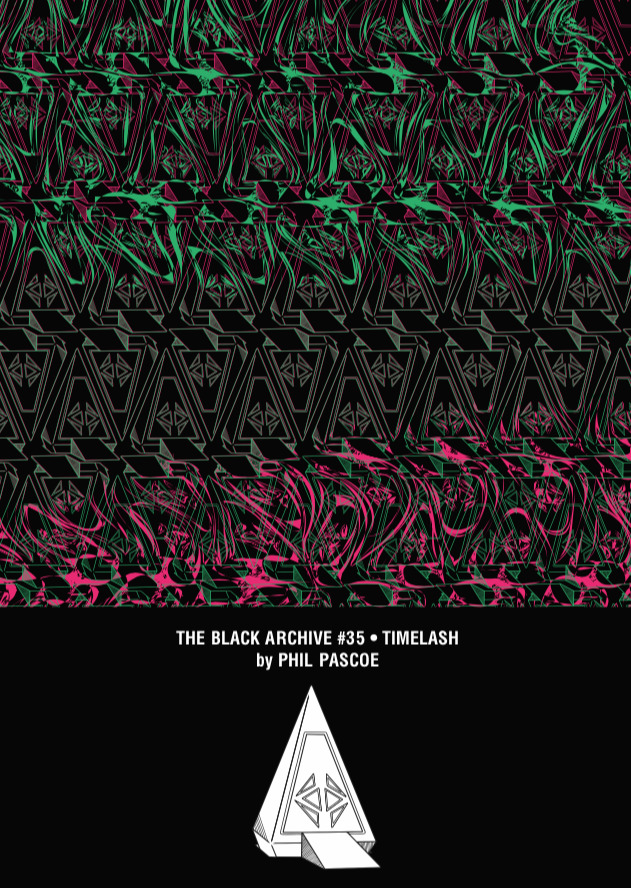
Timelash
2019

The Silurians
2020
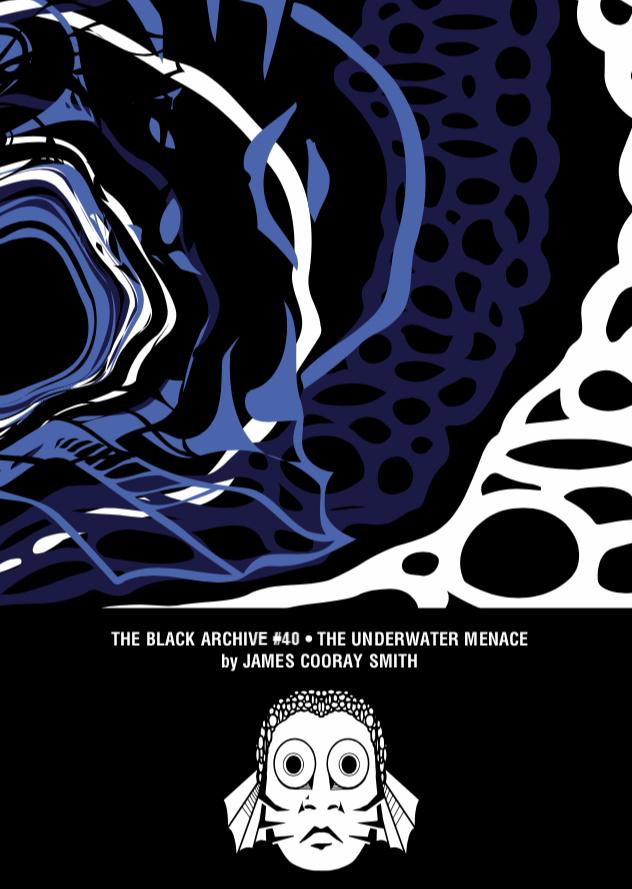
The Underwater Menace
2020
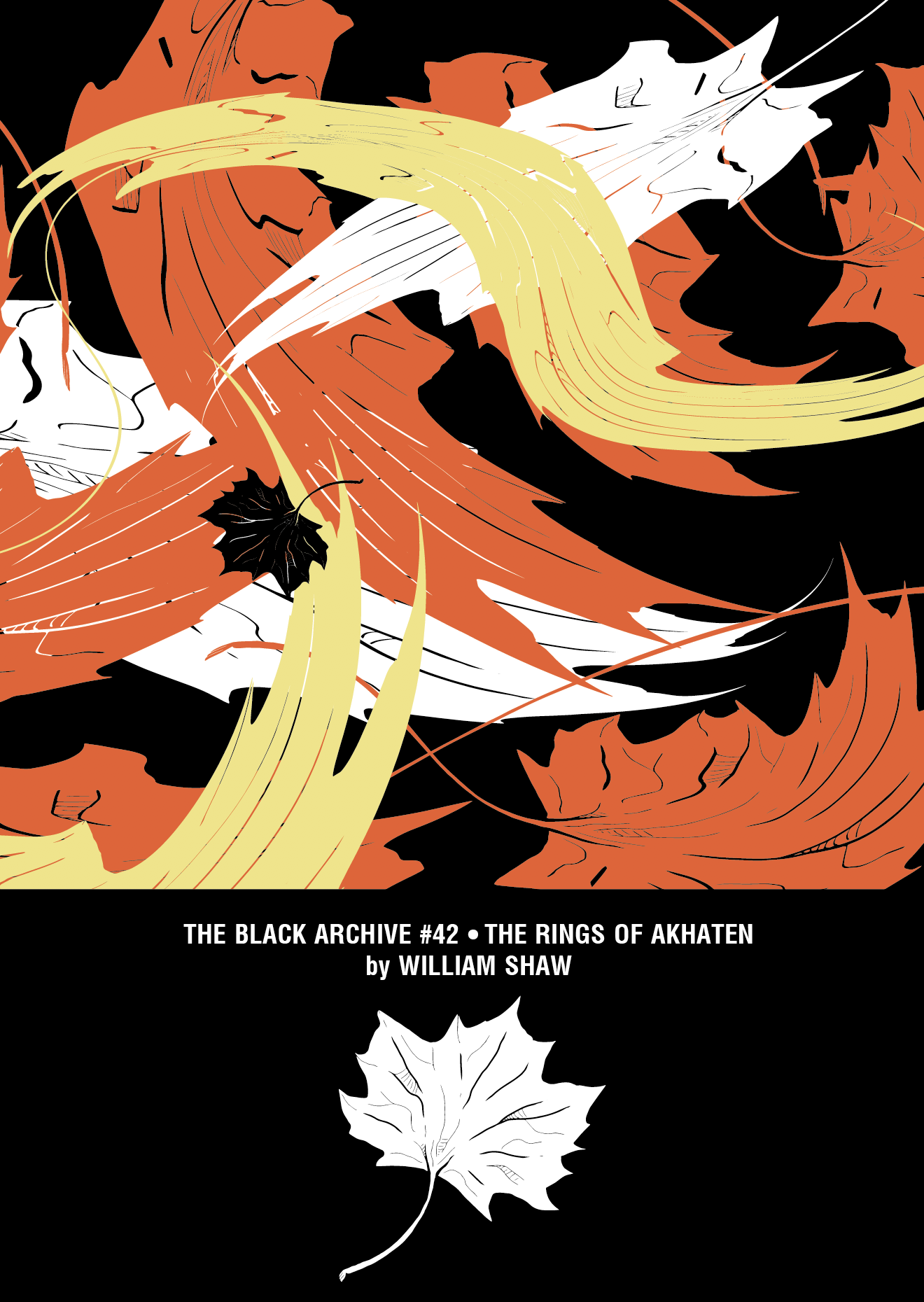
The Rings of Akhaten
2020

The Deadly Assassin
2021
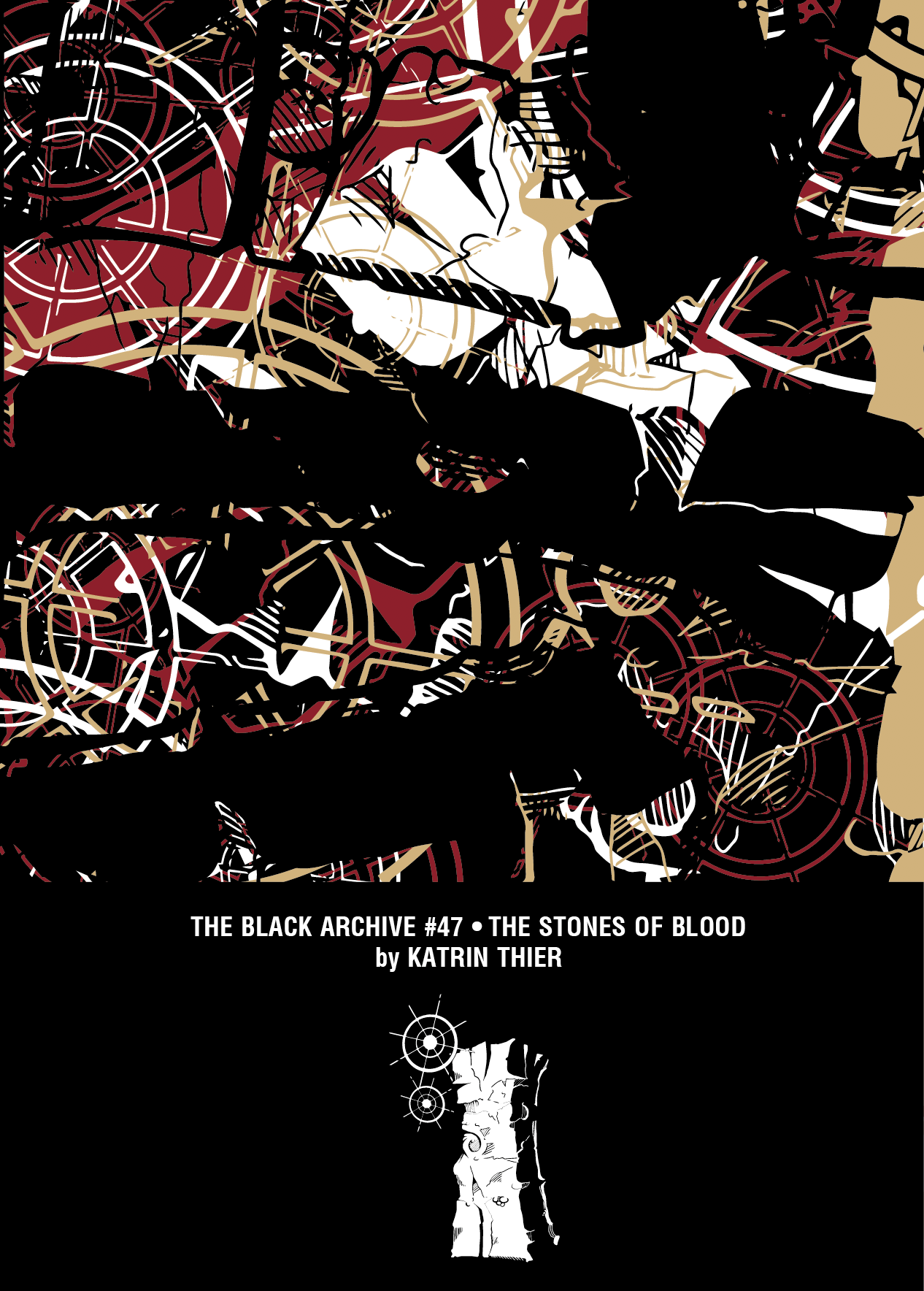
The Stones of Blood
2020

Arachnids in the UK
2020

The Night of the Doctor
2020

The Day of the Doctor
2020

Earthshock
2021
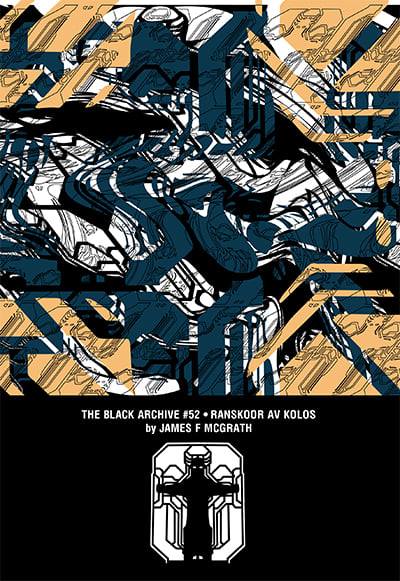
The Battle of Ranskoor Av Kolos
2021
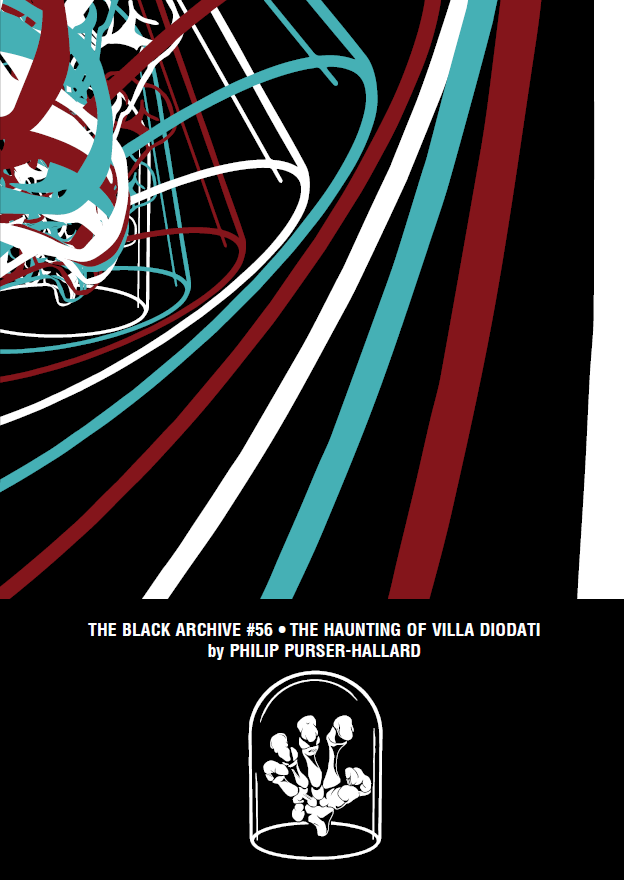
The Haunting of Villa Diodati
2021

Vincent and the Doctor
2022

The Talons of Weng-Chiang
2022

Kill the Moon
2022
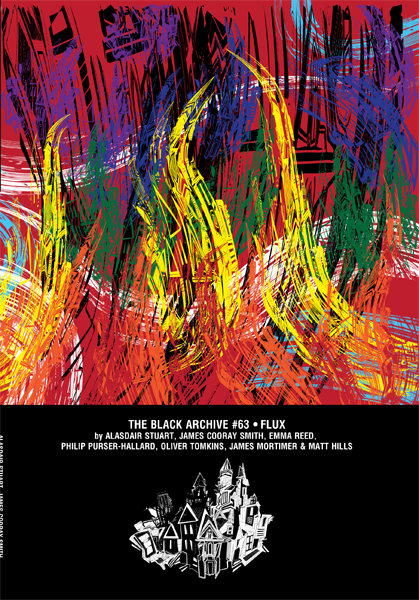
Flux
2023
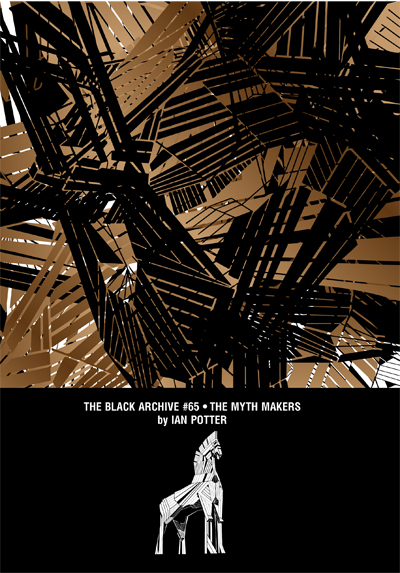
The Myth Makers
2023
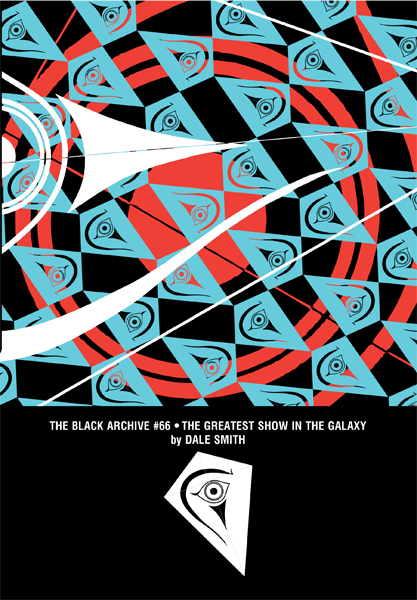
The Greatest Show in the Galaxy
2023

Logopolis
2025

Castrovalva
2025
The Devil's Chord
2025
The Enemy of the World
2025
The Mysterious Planet
2025

The Ark
2026
Authors

Niki Haringsma is a Dutch artist, writer, editor and emdash fancier. You can find Niki's artwork at https://nikiharingsma.wordpress.com/a....

Dene October lectures at the University of the Arts London on subjects ranging from David Bowie studies to fan cultures, fashion and Doctor Who by Design. He studied fashion journalism at London College of Fashion and won the Graduate Journalism Award. His writing ranges from feature articles to academic books, poetry to novels. He is co-editor of Doctor Who and History and has contributed many book chapters on the British programme, and on pop icon David Bowie. His current book, Marco Polo, was 2018 Critters awards finalist in the Non Fiction category. The book explores the lost 1964 Doctor Who classic by entwining broadcast history with the stories of the famous Venetian, as well as his own childhood geographical and televisual travels, all while reflecting on the themes of media, mobility and memory. The result is an epic travelogue where the author tags along with Marco, Ping-Cho, Susan, Ian, Barbara and the Doctor whilst simultaneously examining a different theme in each chapter on such topics as camera story-telling, collaborative authorship, public history and transformative journeys.

Thomas L Rodebaugh is a psychologist and an associate professor of Psychological and Brain Sciences at Washington University in St Louis. He has published over 100 articles and chapters in scientific journals and books. He has also published fiction. In his spare time, he enjoys gardening and playing the guitar (both badly).

I’m a Scottish writer, editor and geek, with a blog called Follow That Trebuchet cause medieval siege weaponry is awesome, most especially trebuchets. I co-edited the Hugo Award nominated anthology Chicks Unravel Time (with Deborah Stanish), and Companion Piece (with Liz Barr), and I’ve written for Doctor Who in prose and on audio, most recently the title story on the Big Finish release Breaking Bubbles and Other Stories. My writing’s been published in Cranky Ladies of History, Uncanny Magazine, and Bernice Summerfield: Present Danger, amongst others. You can also hear me say very sensible things about Doctor Who on the Verity! podcast.

Simon Guerrier is a British science fiction author and dramatist, closely associated with the fictional universe of Doctor Who and its spinoffs. Although he has written three Doctor Who novels, for the BBC Books range, his work has mostly been for Big Finish Productions' audio drama and book ranges. Guerrier's earliest published fiction appeared in Zodiac, the first of Big Finish's Short Trips range of Doctor Who short story anthologies. To date, his work has appeared in the majority of the Short Trips collections. He has also edited three volumes in the series, The History of Christmas, Time Signature and How The Doctor Changed My Life. The second of these takes as its starting-point Guerrier's short story An Overture Too Early in The Muses. The third anthology featured stories entirely by previously unpublished writers. After contributing two stories to the anthology Life During Wartime in Big Finish's Bernice Summerfield range of books and audio dramas, Guerrier was invited to edit the subsequent year's short story collection, A Life Worth Living, and the novella collection Parallel Lives. After contributing two audio dramas to the series, Guerrier became the producer of the Bernice Summerfield range of plays and books, a post he held between January 2006 and June 2007. His other Doctor Who work includes the audio dramas, The Settling and The Judgement of Isskar, in Big Finish's Doctor Who audio range, three Companion Chronicles and a contribution to the UNIT spinoff series. He has also written a play in Big Finish's Sapphire and Steel range. Guerrier's work is characterised by character-driven humour and by an interest in unifying the continuity of the various Big Finish ranges through multiple references and reappearances of characters. As editor he has been a strong promoter of the work of various script writers from the Seventh Doctor era of the Doctor Who television series
Librarian note: There is more than one author in the Goodreads database with this name This profile may contain books from multiple authors of this name





